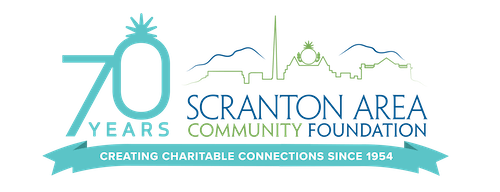Employee Hardship Funds
Are you looking for a way to get a charitable tax deduction while providing employee hardship support? The Scranton Area Community Foundation can help you do that. The COVID-19 outbreak has forced many businesses to temporarily cease or limit operations. As a result, many individuals are out of work, with families struggling with the effects of an economic downturn. Employers may wish to establish these funds to provide support for employees and to enable other employees to have the opportunity to support one another, and it is likely that such funds will be an important part of the COVID-19 response. The Scranton Area Community Foundation can help you establish and manage an employee hardship fund to provide assistance to employees affected by the coronavirus. While private employer-sponsored foundations are not eligible for this deduction, when they are established and managed with appropriate oversight at a public charity, or Community Foundation, like the Scranton Area Community Foundation, they are eligible. IRS guidance carves out an exception for such employer-sponsored disaster relief funds.
How does this work?
COVID-19 has been declared a national emergency, and this provides a way for company-sponsored foundations to assist employees that are incurring economic hardship due to the coronavirus.
The CARES Act creates a $300 above-the-line charitable contribution deduction for those that do not itemize, and this includes employer-sponsored disaster relief funds at community foundations, like the Scranton Area Community Foundation. If these funds meet certain requirements, they can provide relief to employees in response to Section 139 Qualified Disasters. Under Notice 2006-109, these funds are “exclude[d] from the definition of donor advised fund” under Section 4966, which permits the deduction.
Source: Company Foundations and Coronavirus Response. Venable LLP Nonprofit Alert, March 18, 2020. Authors: Bob Waldman, Yosef Ziffer, and Chris Moran. Email update 2020-59 (“Specific Guidance for Corporate-Sponsored Charities Sought”).
